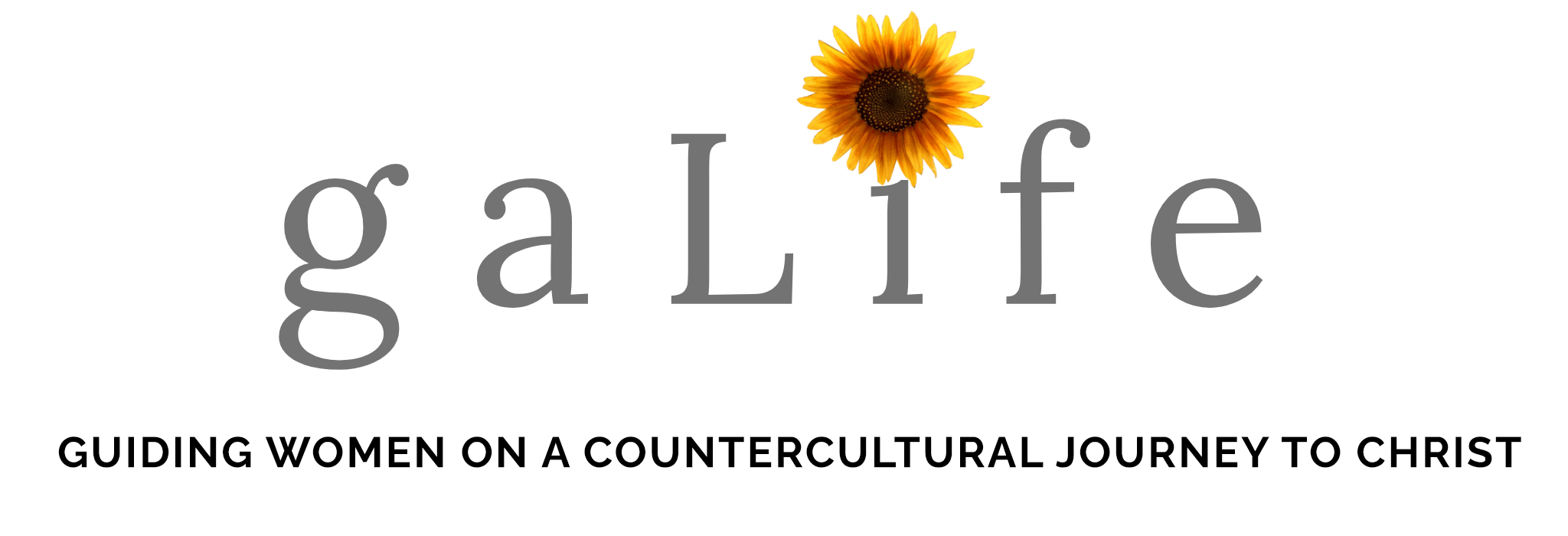One night, I loaned my sofa to my friend Stacy who struggled with
mental issues (that’s what I called it because I didn’t know what else to call it, right?). I had a roommate and I explained to Stacy that she had to be quiet so we would not disturb Tammy. In the middle of the night Stacy woke me up to show me the flying things. She would duck when a flying thing swooped down to attack her. I saw nothing. I understood nothing. But we needed to be quiet. I suggested that she take a drive. A little while later, the police called. I vouched for her and she came back. My friend had mental issues and I didn’t know what to do to help her.
Broken Bodies, Broken Minds, Broken World
Understanding concepts like cancer and diabetes are easier than understanding bipolar disorder and clinical depression. If Stacy had said, “I have a broken arm,” I would have understood better, than when she showed me, “I have a broken mind.” Both happen, but maybe my religious bias prevented me from fully engaging Stacy’s “issue.”
Is mental illness a question of a broken body, or a broken spirit? If we negate God’s existence, then we are left to fix ourselves. What would be new or different about this approach? Instead, what if we looked at a not so popular approach to healing? A countercultural way of looking at the world.
Biblical history attests to the fact that all that is wrong with the world results from our spiritual disconnection from our Creator. We experience physical death as the result of the first man and woman disobeying God, snapping our umbilical cord to our spiritual life source. Every part of the bodies experience brokenness and death, including our brains. Not only do we have broken bodies, we also live in a broken world.
Consequently, in addition to any genetically based mental illnesses, African American women experience unique factors that can lead to mental illness, such as social stressors like racism and gender discrimination. But we are less likely to seek help. The Superwoman label hinders many Black women from seeking help, in addition to the lack of money and health insurance.
Putting Down the Superwoman Cape: Embracing Vulnerability and Seeking Help.
If we negate the spiritual aspect of mental health, we may attempt to cope like one Black woman who wrote, “I’m still nursing my depression with cocktails, tears and hugs from my boyfriend so no need to worry (that much).” I don’t think we would treat cancer that way, unless we had a death wish. What if the Creator has a different method of healing? When someone says, “trust God” what if what they mean is not just a cliché saying, but an invitation to embark upon a personal journey with God towards healing?
Let’s focus on putting down our Superwomen capes, being vulnerable, and being okay with not being okay so that we can deal with the Stacy’s on the sofa, especially, if we are the Stacy.
This month we’re talking about hope in light of discouragement, future plans, and the Gospel . Read our last blog!
Are you or someone you know in a mental health crisis? Call 988 or go to
SAMHSA’s website to get help!
 Photo by Hian Oliveira on Unsplash
Photo by Hian Oliveira on Unsplash





